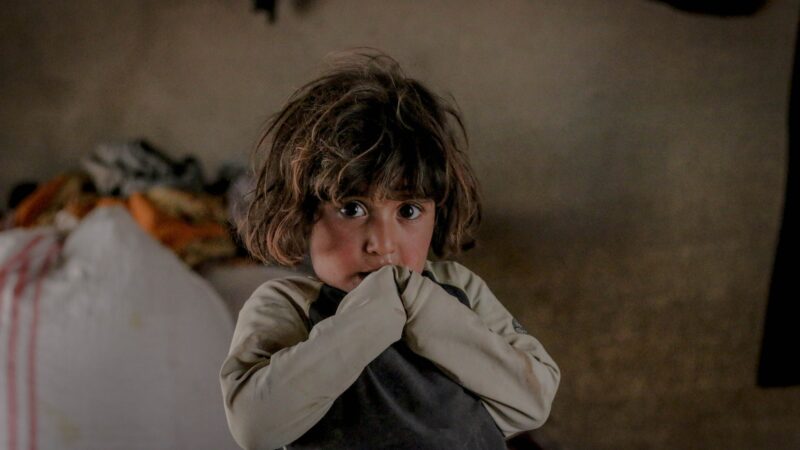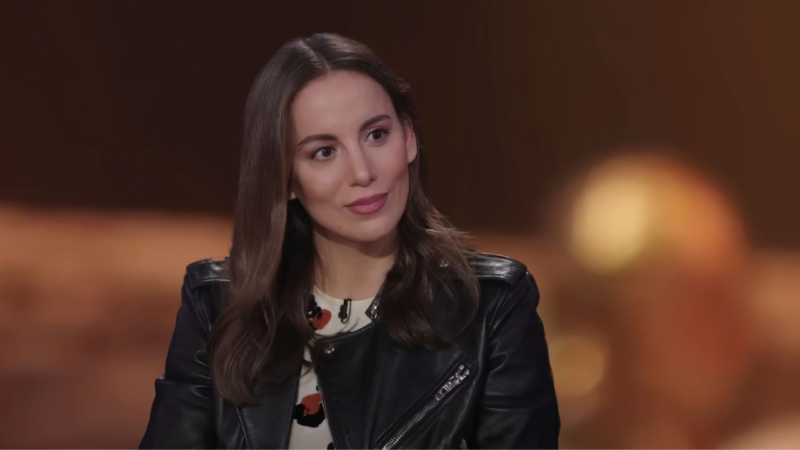Stand up against child abuse

Research suggests that almost 53 per cent of children in India face some sort of child abuse. Gurpreet Kaur Bhatia, Chief Operating Officer, Save The Children India shares with us important points that we as citizens need to keep in mind while dealing with this menace.
1) As a parent Spend quality time with the children and communicate regularly with children. Keep a watch over their daily activities and know who all they meet and interact with Create an open environment at home. Make them aware of the body parts and terms like good touch/bad touch. Impart sex education when your child reaches adolescence Monitor your child’s intake of media (TV/internet/video games/Facebook), the time spent or the kind of programs he or she watches. Watch out for any behavioural change Give the children confidence to speak about any unusual/untoward incidence that they experience, believe in them and act upon it Ensure the children know of their proper name, parents name, home, address and telephone contact numbers and helplines and police station numbers
2) If you come to know of any case in your neighbourhood Speak to the neighbours and make them aware about child rights, their responsibilities towards their children and consequence of child abuse Speak to the child being abused In case of any serious child abuse, inform the police or organisations working with child rights to seek their help Sensitize your society members on child rights and various forms of child abuse including child labour Encourage the neighbourhood/society to form a committee to act as a watch dog and take cognitive action against abusive parents Encourage the society to have child friendly infrastructure within the society; place a child abuse complaint box in the society; also, if possible, have a hotline
3) To whom and how do you complain Call Child helpline 1098 Local Police –Special Juvenile Police Unit Child Welfare Committee In case of institutional abuse (school, shelter home, etc), complain to the head of the institute State Child Rights Commission ———– SOURCE: FEMINA





